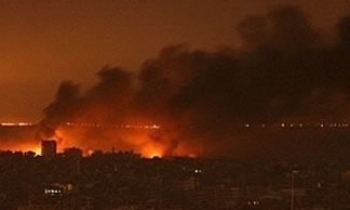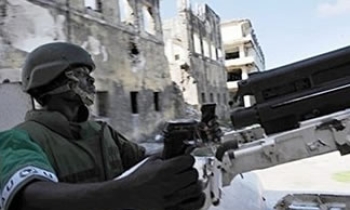NEW DELHI: The South Asia Free Media Association (SAFMA), the SAARC-recognised body of journalists, on Thursday facilitated the formation of five national press commissions as well as a regional South Asia Press Commission. N. Ram, Editor-in-Chief of The Hindu , will head the India Press Commission, which will have 25 members. Eminent journalists S. Nihal Singh, B.G. Verghese, Vinod Dua, Kumar Ketkar, Zahiruddin, Seema Mustafa, Sumit Chakravartty, Kamlendra Kanwar, Dhiren Bezbaruah, Pamella Philipose, Jawed Anand, and Madhukar Upadhyay are among those who have agreed to be members.
According to a SAFMA release, the commissions will identify laws, rules, and regulations in different countries that circumvent the right to freedom of opinion, and look into the performance and role of both state and private media on matters like promotion of mutual trust and understanding. The commissions will periodically monitor and publish reports on press performance, violations of media rights, attacks on journalists and media organisations, and measures by the state and other players to punish the media economically or through other means. They will also identify violations of professional codes of ethics by the press.
In a message on the launch of the India Press Commission here, Mr. Ram said that in most developed countries, the press and broadcast television, seemed to be ``in inexorable decline,'' with the newspaper industry in most developed countries suffering ``steady and apparently irreversible losses in circulation and readership'' and cutbacks in staff and news operations. He noted that behind this phenomenon was ``the big impact of the Internet and the generational changes it has brought about in newspaper reading habits, without throwing up viable and profitable business models for Internet news operations.'' However, the SAARC region, and above all India, presented ``a bright contrast to this picture of gloom, with both the press and the broadcast media thriving and registering buoyant and dynamic trends of growth.''
Welcoming SAFMA's decision to set up press commissions at different levels with a wide mandate and clear terms of reference, Mr. Ram said he understood that, among other things, they would take ``a comprehensive and objective look at the situation in our countries of freedom of press and the restrictions, both reasonable and unreasonable, on this freedom.'' They would also look at the performance of the press, its editors, working journalists, proprietors, business managers and other players. Mr. Ram commended SAFMA especially for asking these commissions to look at ``a challenge that is usually neglected in discussions on the news media in our countries. This is, as I understand it, the unsatisfactory intra-regional or inter-country flow of news and information on issues that matter; the existing obstacles, related to state policies and other factors, to both the free movement of media products and journalists in our region and good, closer cooperative relations among our peoples; and how the news media and particularly the press can do more to promote good relations and close cooperation among the countries and peoples of the SAARC region.'' He added: "If our independent press commissions work well, this special mandate, which will be vested in them, will be seen some years from now as a point of departure in the whole international debate on the news media, society and politics.''
The meeting of the India Chapter of the SAFMA, where the establishment of the India Commission was announced, released the report of the Media Monitor, detailing cases of atrocities on journalists, and cases of killing and targeting by state agencies and all manner of mafias. Kuldip Nayyar, noted journalist and a leading advocate of South Asian cooperation, and Rajinder Sachar, former Chief Justice of the Delhi High Court, were among those present at the meeting.
Explaining the rationale behind the decision to set up the independent press commissions, SAFMA president K K Katyal said the idea was mooted during the King-imposed emergency in Nepal when SAFMA affirmed its solidarity with the Nepalese journalists and extended all possible help. The King's representative, at the SAARC meeting in Dhaka last year, sought de-recognition of SAFMA because of its ``interference'' in Nepal's internal affairs. It was then decided to entrust the job of monitoring media trends to a separate body. The general secretary of SAFMA (India), Vinod Sharma, explains that the press commission would function independently, devise its own procedures and codes, and would not be influenced by SAFMA in its functioning.
The media monitor report contains relevant information culled from newspaper reports, which have not been contradicted and have been confirmed in many cases.









